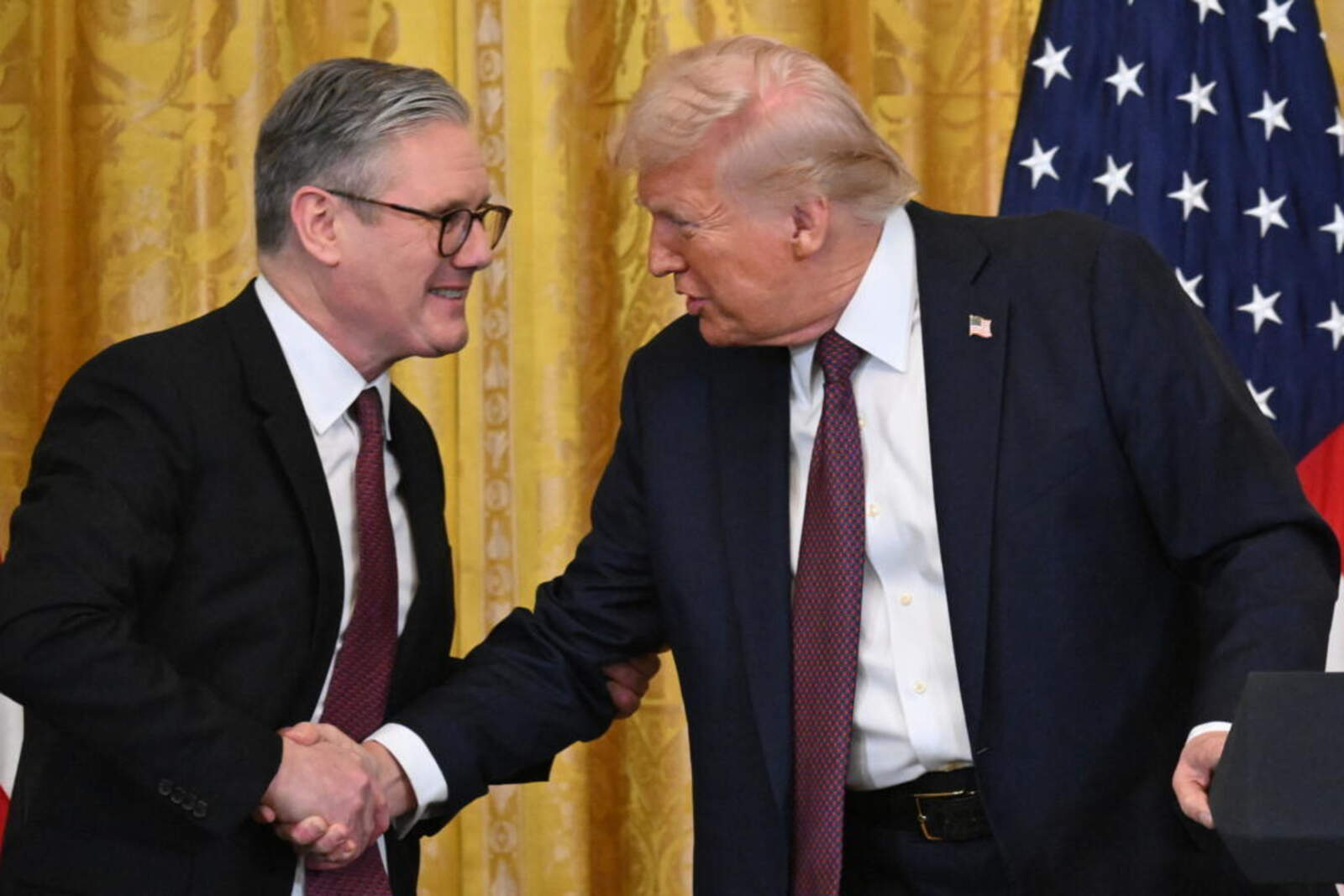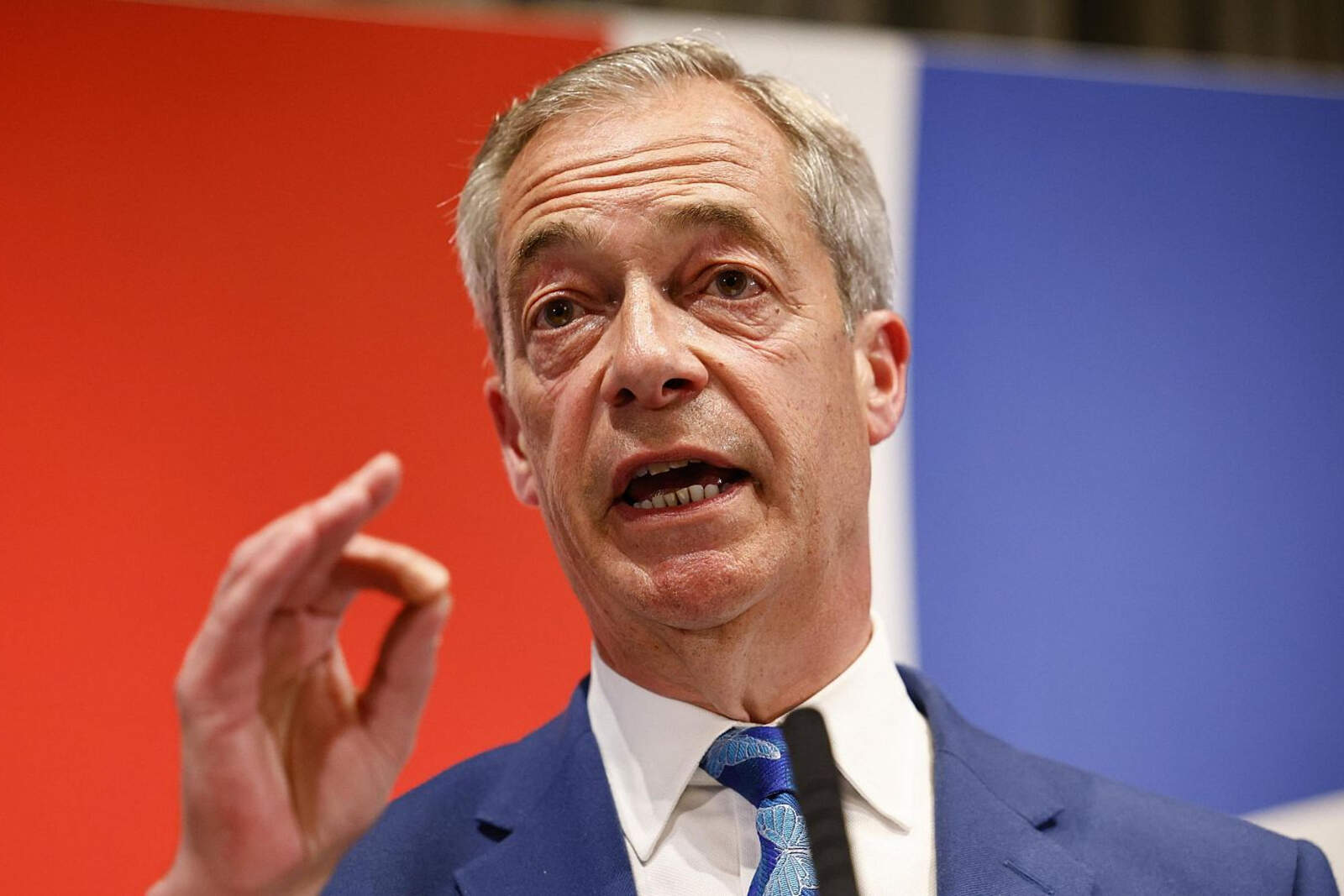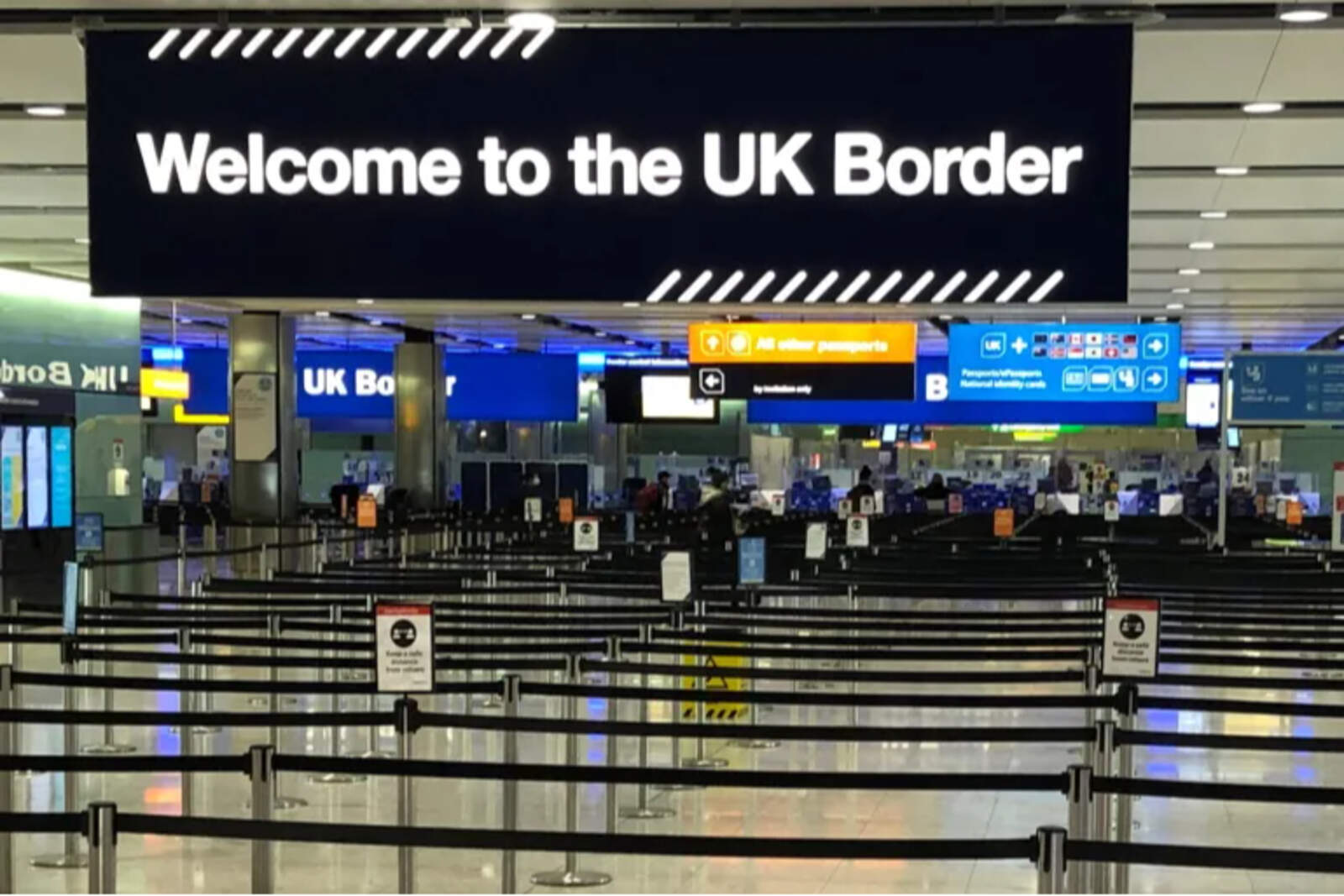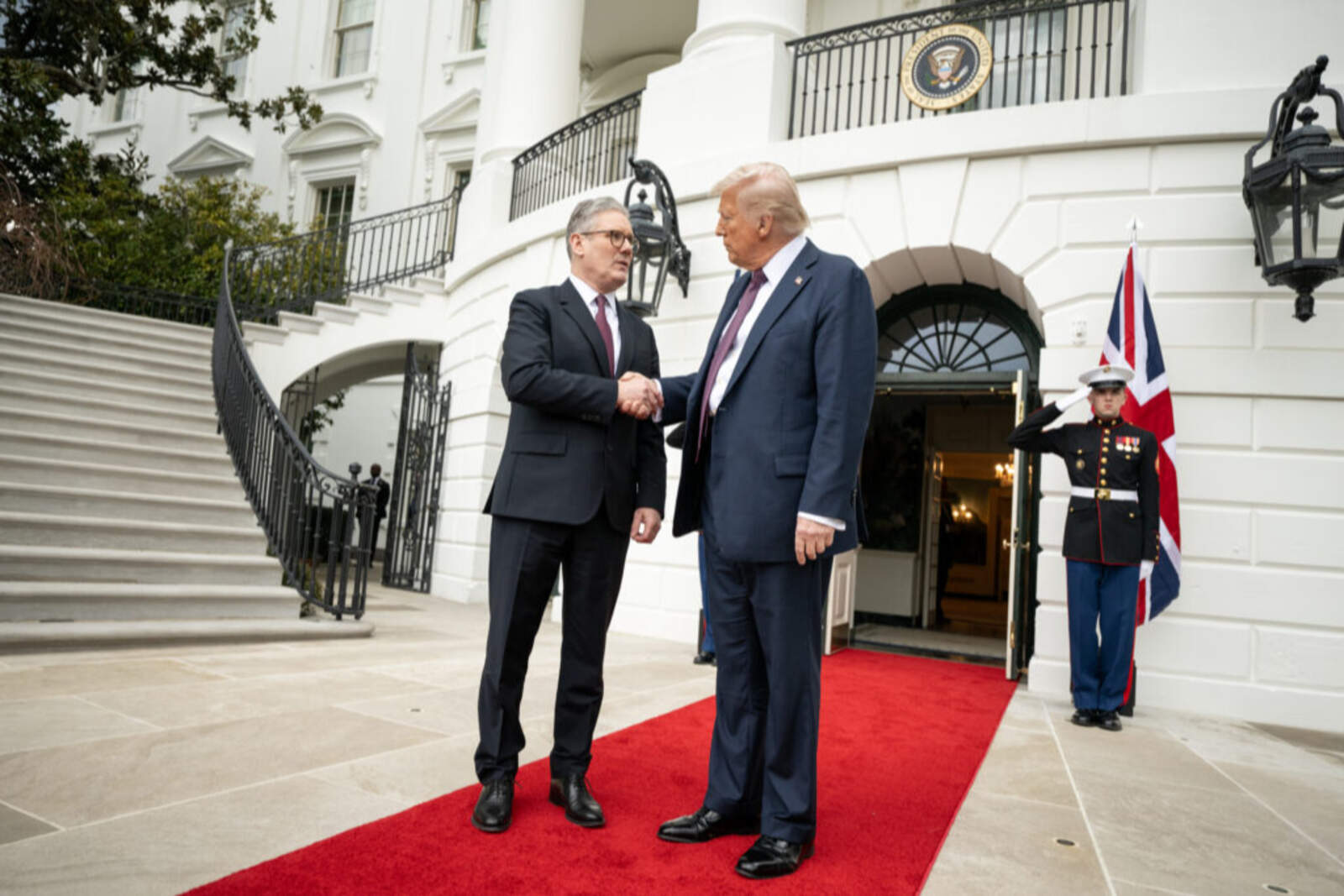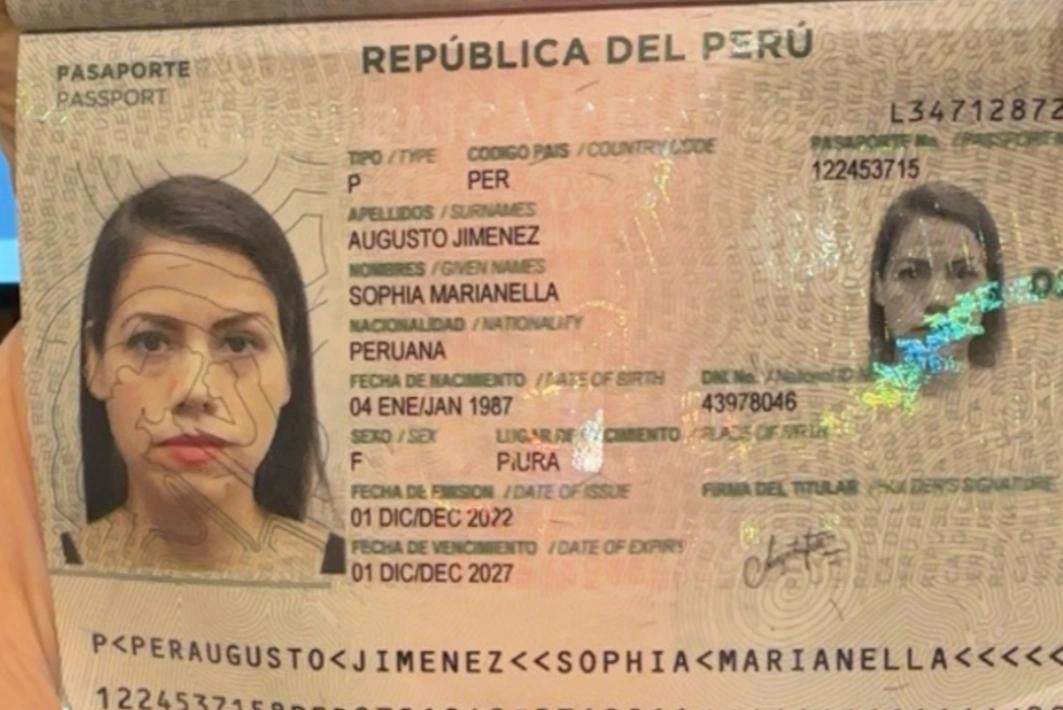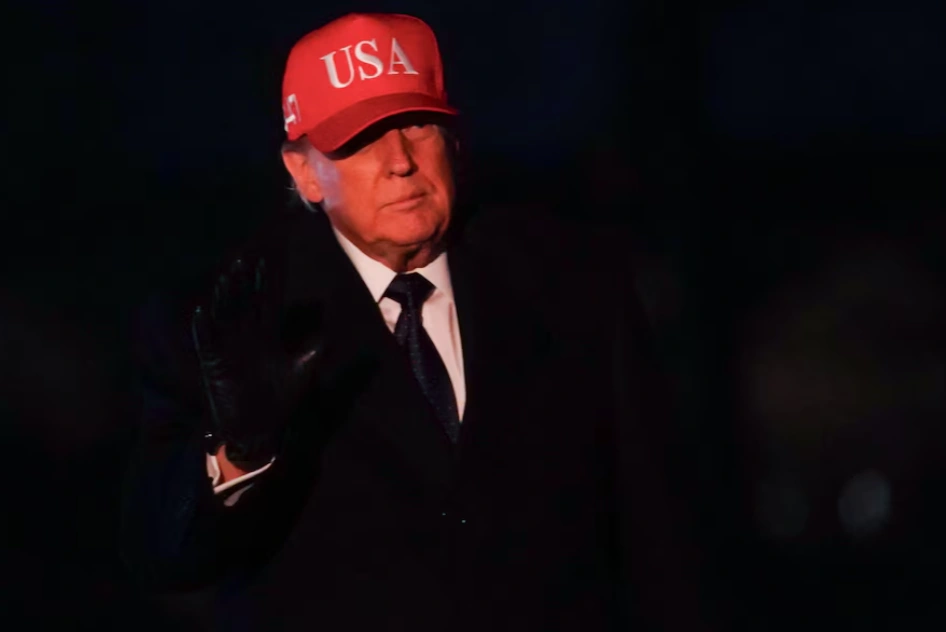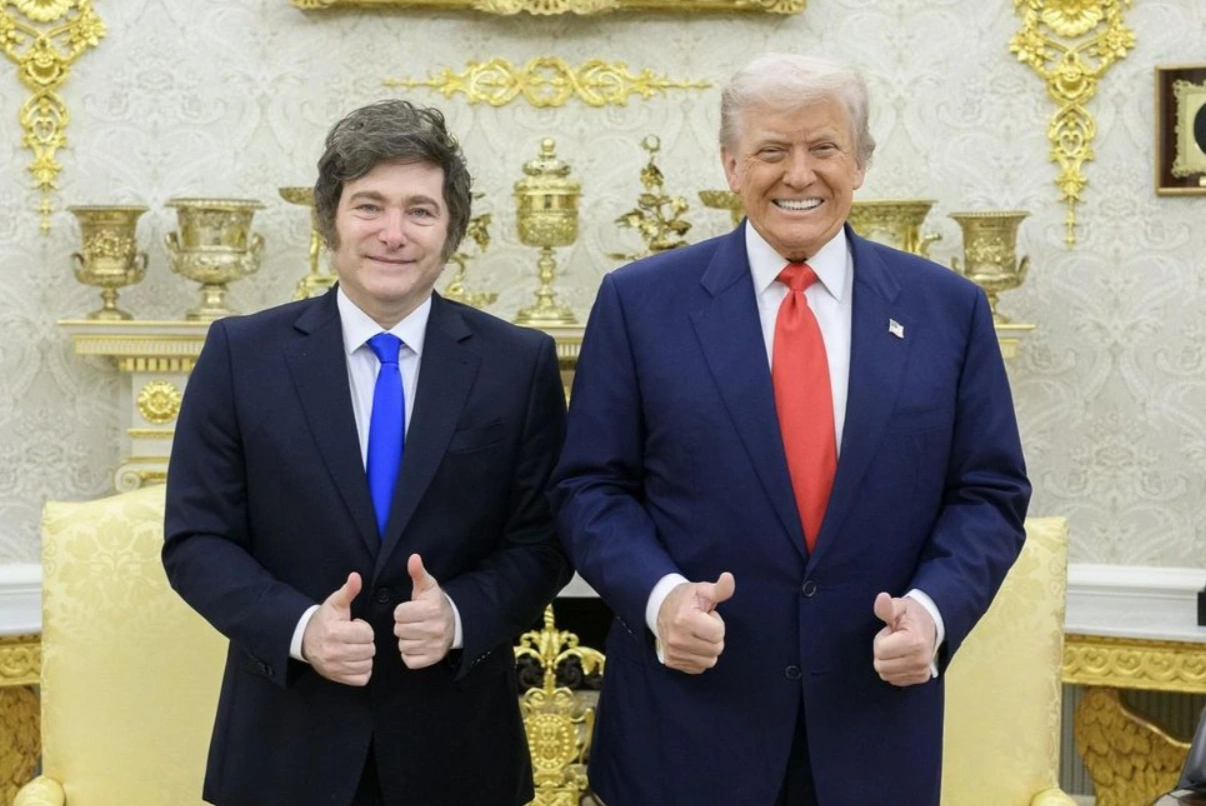The British Prime Minister, Keir Starmer, has formally announced that his government is in talks to establish "return hubs" in third countries where asylum seekers whose applications have been rejected and have no possibility of appeal would be sent.
This new initiative is part of a series of measures with which Starmer's government seeks to address the increase in irregular migration, particularly the crossings through the English Channel in small boats, which have already exceeded 12,000 people so far in 2025.
During an official visit to Albania, Starmer indicated that the goal of these "return hubs" is to ensure more effective deportations and break with what the government describes as delaying tactics used by some migrants, such as the intentional loss of documents or the creation of family ties in the United Kingdom, to avoid expulsion.
"Once someone has gone through the system and exhausted all legal routes to remain, they must be returned effectively," stated the Prime Minister to news portals.
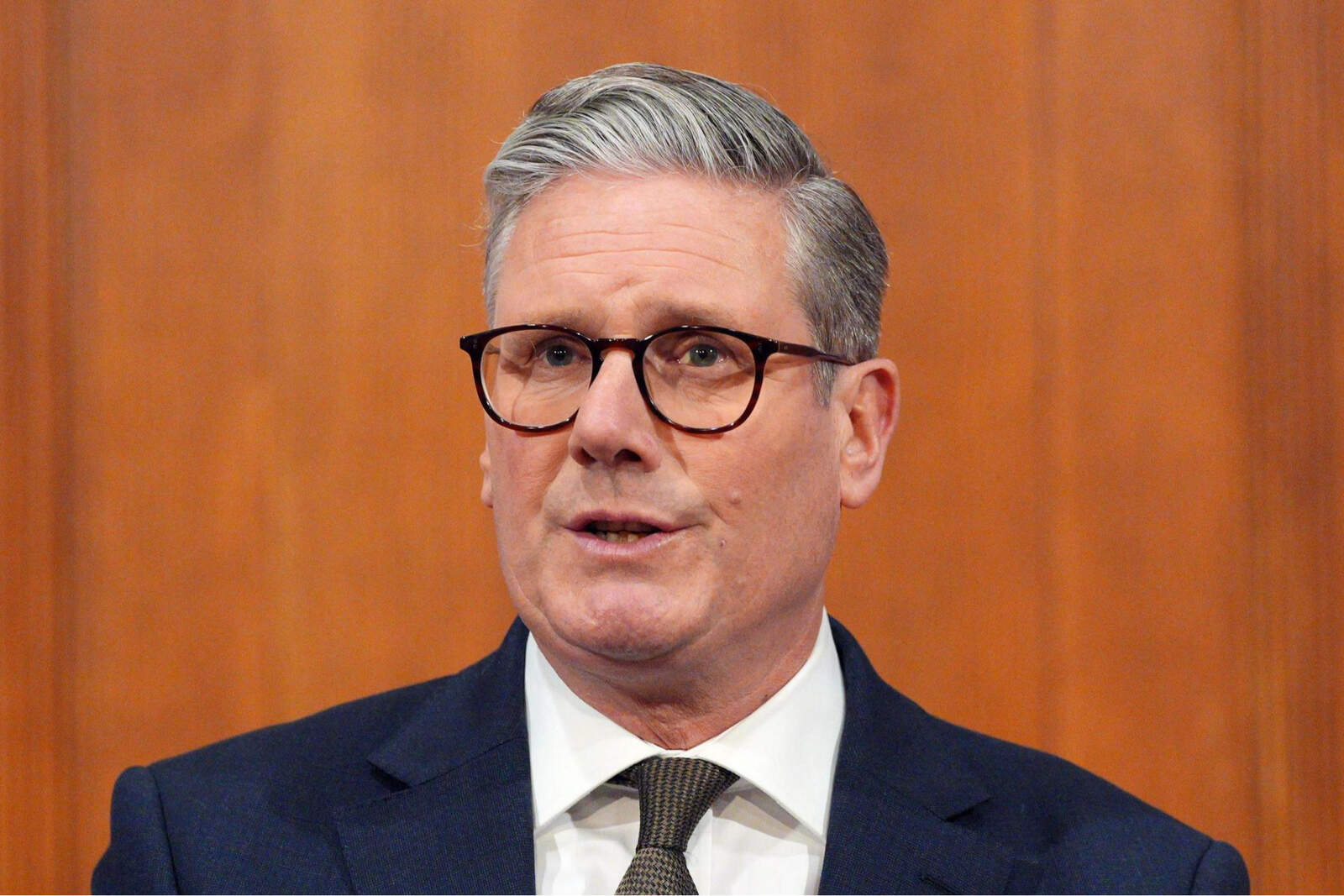
The measure seeks to move away from the model of the previous government's failed plan, which envisaged sending asylum seekers to Rwanda to process their cases, even if they were eventually granted asylum.
In contrast, the centers proposed by Starmer would only house people whose application has already been denied and have no legal possibilities to remain in the country.
However, few details are yet known about how these centers will operate, where they will be located, or how much they will cost. Albania, one of the initially considered countries, has already officially ruled out the possibility of hosting one of these centers, stating its exclusive commitment to a similar agreement already signed with Italy.
Other Western Balkan nations, such as Serbia or Bosnia and Herzegovina, are emerging as potential partners, although there is no official confirmation.
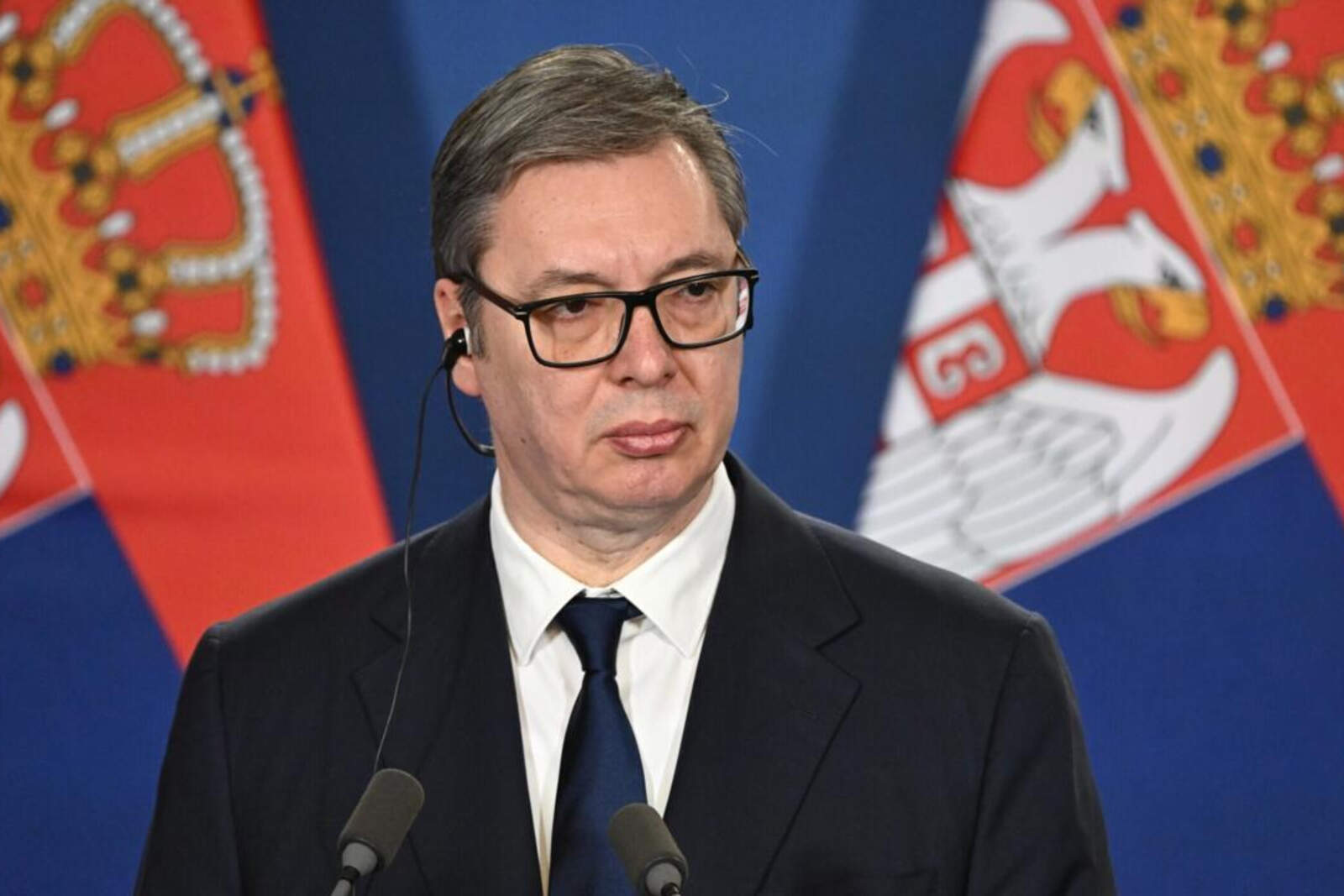
This tightening of the migration approach coincides with an increasingly firm narrative from the Labor government, which has also proposed limiting the hiring of care workers from abroad, increasing English requirements for migrants, and tightening access to visas for skilled workers.
In this context, far-left sectors have accused the Labor Party of trying to compete with the right-wing Reform UK party, led by Nigel Farage, who made significant gains in recent local elections.
Critics within Parliament, such as SNP MP Pete Wishart, have denounced that Starmer's plan is a disguised version of the Rwanda plan, contradicting the criticisms that Labor itself made of that project under Sunak's leadership.

